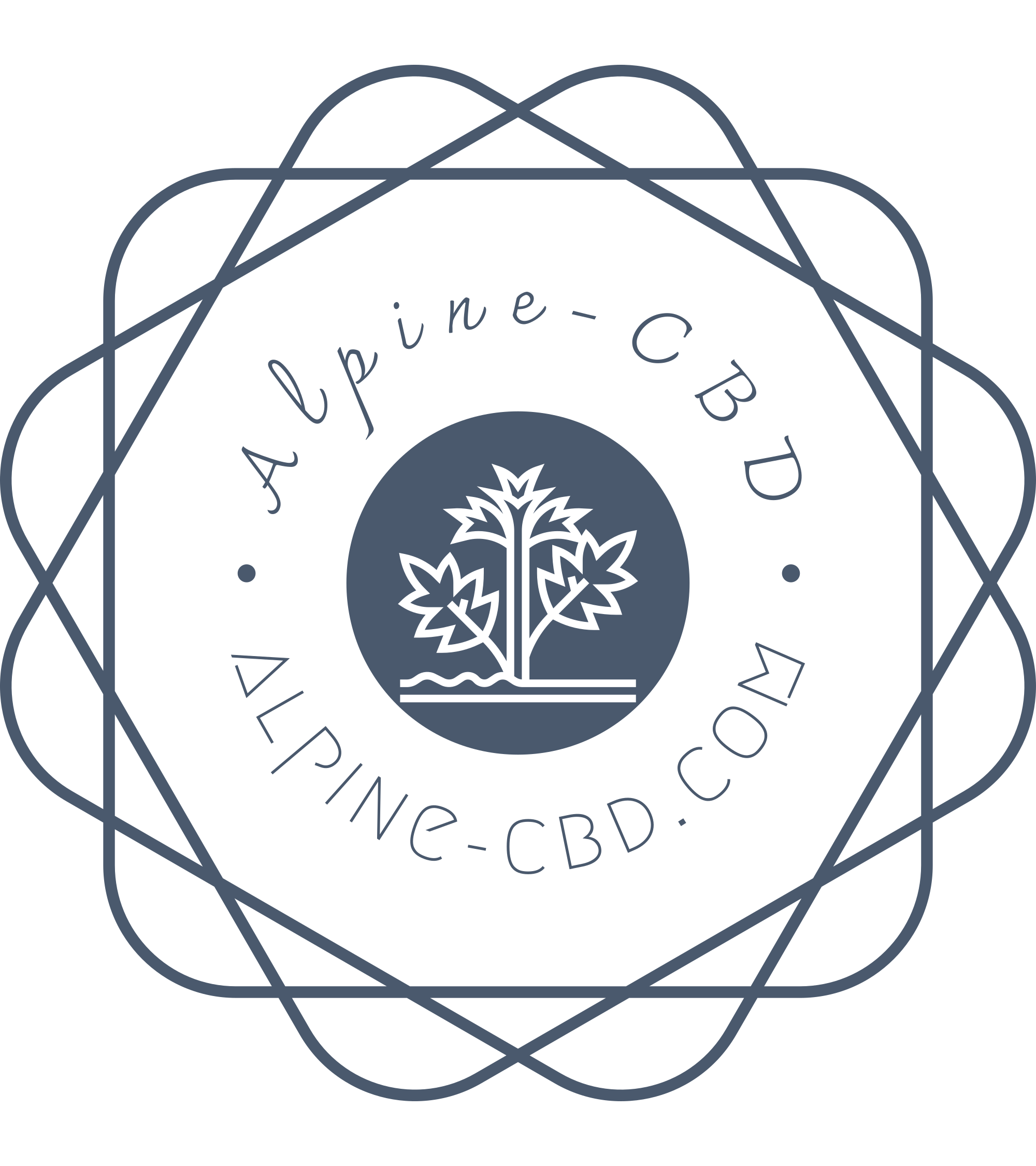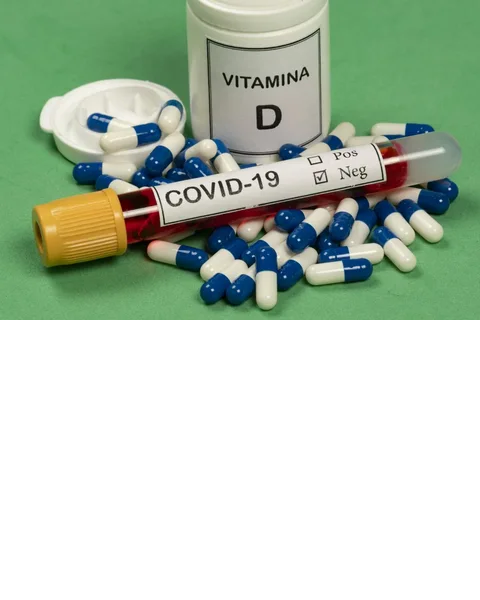In the midst of the COVID-19 pandemic, people are seeking ways to protect themselves from the virus and reduce their risk of severe illness. One topic that has gained significant attention is the potential role of vitamin D in lowering the risk of COVID-19. Vitamin D, often referred to as the “sunshine vitamin,” plays a crucial role in immune function and overall health. In this comprehensive guide, we’ll explore the relationship between vitamin D and COVID-19, the potential benefits of vitamin D supplementation, how to ensure adequate vitamin D levels, and address common questions about vitamin D and COVID-19.
Understanding Vitamin D
Vitamin D is a fat-soluble vitamin that is primarily synthesized in the skin when exposed to sunlight. It also occurs naturally in certain foods and can be obtained through supplementation. Vitamin D plays a vital role in calcium absorption, bone health, immune function, and inflammation regulation.
Vitamin D and Immune Function
Numerous studies have suggested that vitamin D plays a crucial role in modulating the immune system. Adequate vitamin D levels are associated with a reduced risk of respiratory infections, including the common cold, flu, and possibly COVID-19. Vitamin D helps regulate the production and function of immune cells, including T cells and macrophages, which are essential for fighting off pathogens.
The Relationship Between Vitamin D and COVID-19
The relationship between vitamin D status and COVID-19 risk is still being studied, but emerging evidence suggests that there may be a connection. Several observational studies have found an association between low vitamin D levels and an increased risk of COVID-19 infection, as well as more severe illness and poorer outcomes in infected individuals.
Potential Benefits of Vitamin D Supplementation
While more research is needed to establish a definitive link between vitamin D and COVID-19, there are potential benefits to maintaining adequate vitamin D levels, including:
Reduced Risk of Respiratory Infections
Adequate vitamin D levels may help reduce the risk of respiratory infections, including COVID-19.
Support for Immune Function
Vitamin D plays a crucial role in supporting immune function, which may help the body fight off viral infections.
Modulation of Inflammation
Vitamin D has anti-inflammatory properties that may help mitigate the cytokine storm associated with severe COVID-19 cases.
Ensuring Adequate Vitamin D Levels
To ensure adequate vitamin D levels, consider the following strategies
Sun Exposure
Aim for regular, moderate sun exposure to allow your skin to produce vitamin D naturally. Spending 10-30 minutes in the sun without sunscreen several times per week can help boost vitamin D levels.
Dietary Sources
Include vitamin D-rich foods in your diet, such as fatty fish (salmon, mackerel, sardines), fortified dairy and plant-based milk, eggs, and mushrooms.
Supplementation
If you’re unable to get enough vitamin D from sun exposure and diet alone, consider taking a vitamin D supplement. The recommended daily allowance (RDA) for vitamin D varies by age, sex, and other factors, but many experts recommend 600-800 IU (15-20 mcg) per day for most adults.
Frequently Asked Questions (FAQs)
Can vitamin D prevent COVID-19?
While vitamin D has been shown to play a role in immune function and may help reduce the risk of respiratory infections, including COVID-19, it is not a guaranteed preventive measure. Other factors, such as vaccination, mask-wearing, and social distancing, are also important in preventing the spread of COVID-19.
What are the symptoms of vitamin D deficiency?
Symptoms of vitamin D deficiency may include fatigue, muscle weakness, bone pain, depression, impaired wound healing, and an increased susceptibility to infections.
Can I get enough vitamin D from sunlight alone?
It depends on various factors, including your geographic location, skin tone, time of year, and sunscreen use. In some regions, especially during the winter months, it may be challenging to get enough vitamin D from sunlight alone, and supplementation or dietary sources may be necessary.
Are there any risks associated with vitamin D supplementation?
While vitamin D supplementation is generally safe when taken as directed, excessive intake can lead to toxicity and adverse effects, such as nausea, vomiting, weakness, and kidney damage. It’s essential to follow recommended dosage guidelines and consult with a healthcare professional before starting any new supplement regimen.
Who is at risk of vitamin D deficiency?
Certain groups are at a higher risk of vitamin D deficiency, including older adults, individuals with darker skin tones, people who spend limited time outdoors, individuals with certain medical conditions (such as malabsorption disorders or kidney disease), and those who follow strict vegan diets.
Can I take vitamin D supplements if I’m already infected with COVID-19?
While vitamin D supplementation may have potential benefits for immune function, it’s essential to consult with a healthcare professional before starting any new supplement regimen, especially if you’re already infected with COVID-19 or have underlying health conditions.
Conclusion
While the relationship between vitamin D and COVID-19 is still being studied, maintaining adequate vitamin D levels is essential for overall health and immune function. Incorporating sun exposure, dietary sources, and supplementation as needed can help ensure that you meet your vitamin D needs. While vitamin D alone is not a substitute for other preventive measures, it may play a role in reducing the risk of respiratory infections, including COVID-19, and supporting overall well-being. As research continues to unfold, it’s essential to stay informed and consult with healthcare professionals for personalized guidance on optimizing your vitamin D levels and protecting yourself against COVID-19.
- Comprehensive Review of the Finest Vaporizers By Dankstop - April 12, 2024
- Capsule Chronicles: My Personal Journey Through Just Kratom’s Capsule Wonderland! - April 12, 2024
- Unveiling the Top Vaporizers In-Depth Analysis By Dankstop - April 12, 2024




